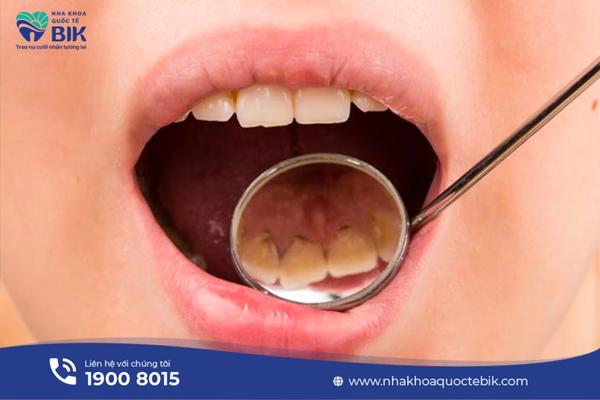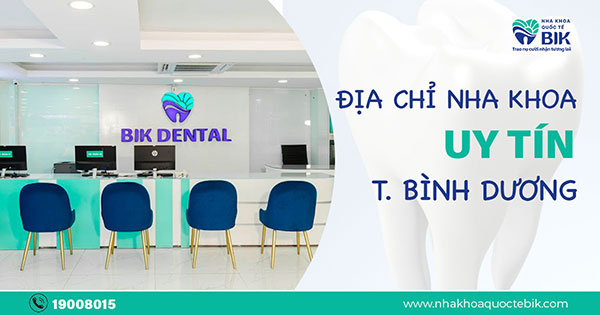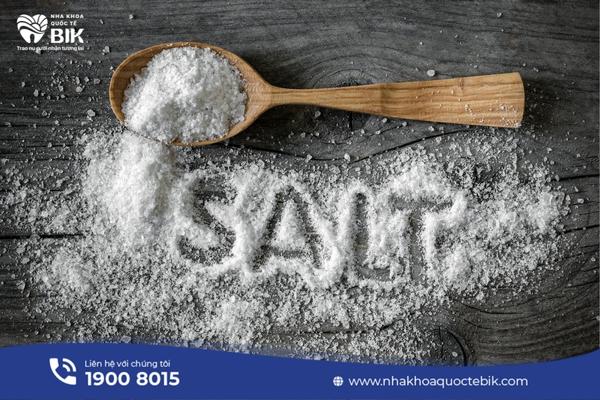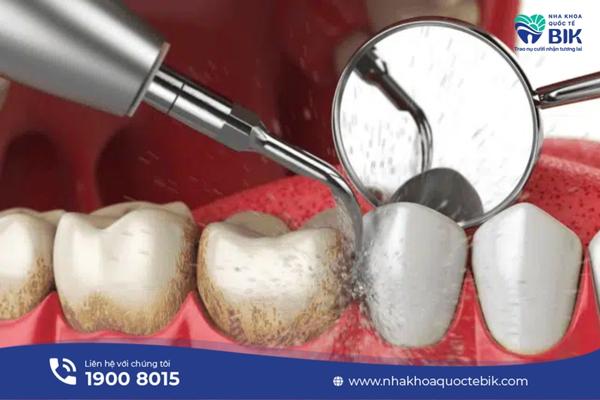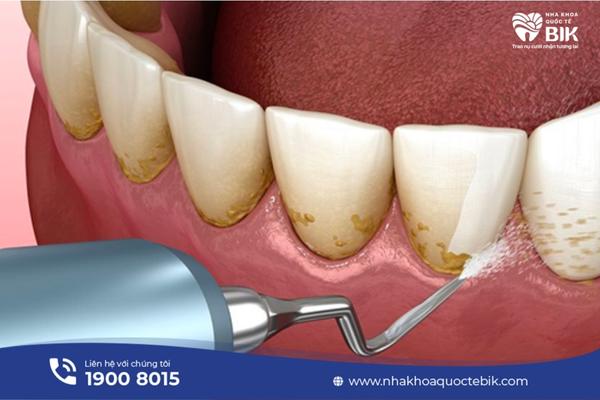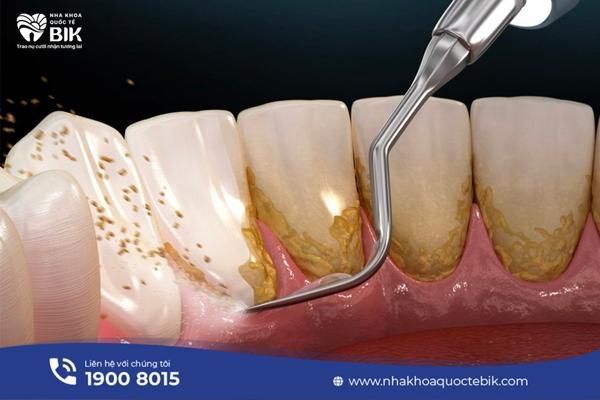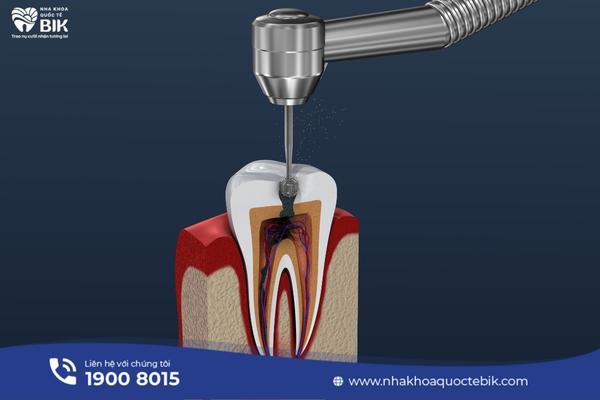After tooth extraction, a healthy and appropriate diet will help the healing process faster. Here are some tips on diet after tooth extraction. Let’s find out what people who have just had tooth extraction should eat with BIK International Dentistry!

1. What should you not eat after tooth extraction?
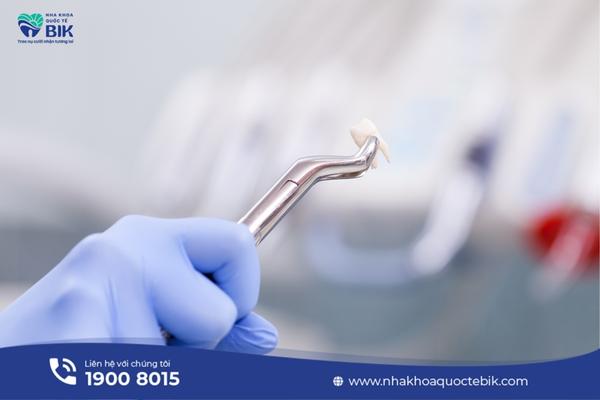
Usually, doctors will only recommend tooth extraction when absolutely necessary and this technique will not affect the structure of the entire jaw and oral health. However, when a tooth is lost, the gap will be filled with blood, forming a blood clot. Therefore, a suitable diet is extremely necessary to recover from a newly extracted wound.
In the period of 1-2 weeks after tooth extraction, you should limit the use of the following foods:
1.1. Spicy and hot foods
Because when a tooth is just extracted, there will be a wound in the oral cavity, so eating foods that are too spicy will irritate the tooth extraction site. In addition, food that is too hot will cause blood vessels to dilate, causing blood clots at the surgical site to dissolve, which can lead to continuous bleeding or infection.
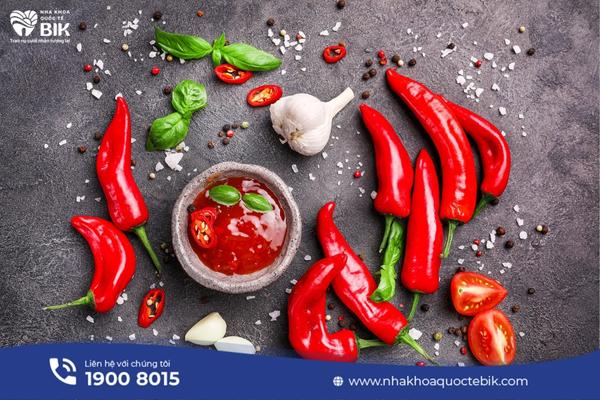
1.2. Sour and sweet foods
The sugar contained in sweet foods will cause the wound area to become inflamed, swollen, and will prolong the recovery time. In addition, sour foods such as oranges, lemons, etc. contain a lot of acid, which will increase the burning sensation.
1.3. Hard or chewy, sticky foods
Hard, chewy, sticky foods such as cookies, fried foods, ice cubes, gummy candies, etc. require strong jaw muscle force to chew. This will damage the gums that have not fully healed and cause pain because the jaw has to bear a lot of pressure. In addition, pieces of food that are too hard can cause scratches and infection of the wound.
1.4. Carbonated water, soft drinks
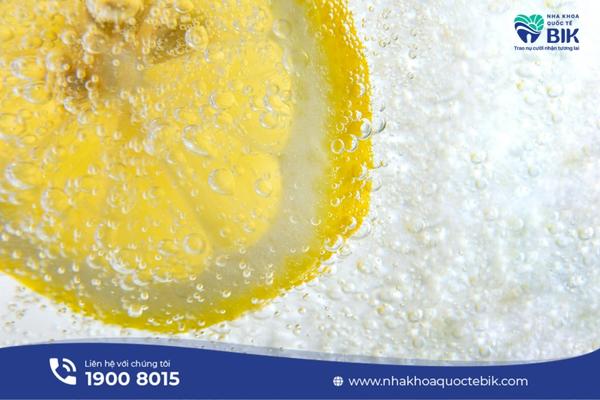
The high sugar content in soft drinks when in contact with acidic saliva will cause a reduction reaction, causing prolonged pain, and the wound will also take longer to heal.
1.5. Beer, alcohol and other stimulants
You should absolutely stay away from beer, alcohol and cigarettes for 5 to 7 days after tooth extraction to avoid negative effects on the wound, making it take longer to heal.
2. What should you eat after tooth extraction?
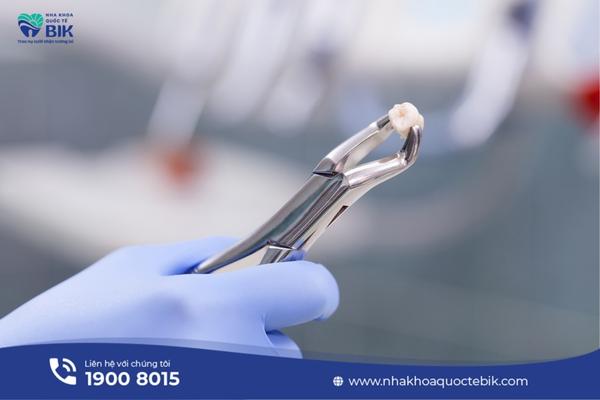
About 2 weeks after tooth extraction, the gums and wound are still very new and sensitive, so the foods that should be eaten after tooth extraction to help the wound heal quickly are also of great concern.
2.1. Soft foods
The wound after tooth extraction is still very new and cannot withstand the impact of chewing, so soft, thin foods such as porridge and soup are the top priority in meals. You can add pureed meat, fish, and vegetables to supplement the body with adequate nutrition. In addition, you should choose fruit juices or yogurt for snacks to replenish enough energy for the body.
2.1. Cool, cold food
After about 2 to 4 hours of tooth extraction, you can eat cold food to reduce swelling and pain after tooth extraction. At the same time, food with a low enough temperature will cause blood vessels to constrict and help stop bleeding.
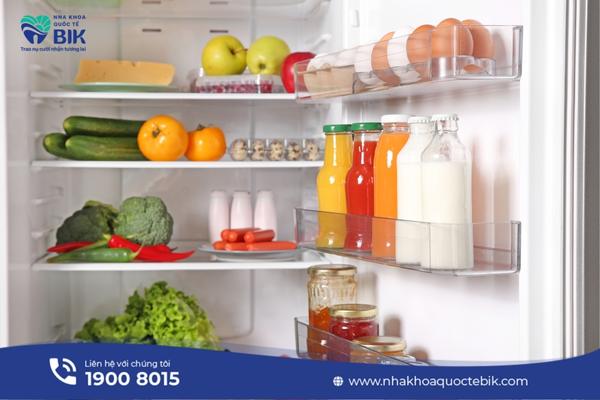
2.3. Fruits and vegetables
The vitamins, fiber and minerals in fruits and vegetables are important factors that are essential for the body after tooth extraction, especially when the body is in the process of recovering from the wound. However, you should still avoid fruits that are too hard and require a lot of chewing force, or you can process them into different types of smoothies to avoid damaging the sensitive gums.
2.4. Salmon
Not only is salmon soft and easy to chew, it also contains a lot of protein and fat that helps the healing process to take place quickly and smoothly, so salmon is one of the foods that is very suitable to eat after tooth extraction.
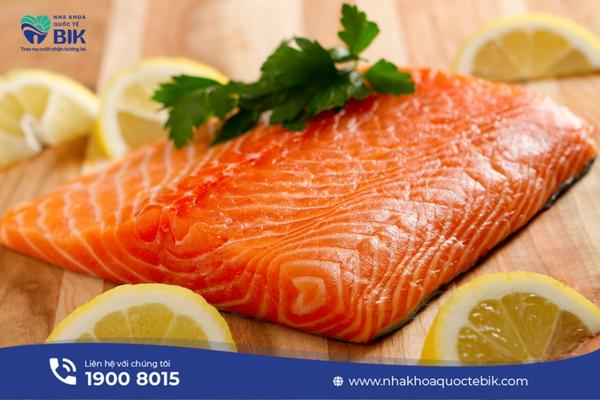
2.5. Poultry, beef, pork
Supplementing enough protein to provide energy for the body after tooth extraction is essential. However, the meat should be cut into small pieces or pureed to ensure that the wound is not affected.
2.6. Yogurt
The minerals in yogurt help strengthen the body’s resistance, helping to fight bacteria that can attack the tooth extraction site. In addition, Probiotics in yogurt also help reduce symptoms of diarrhea and dizziness when using medication after tooth extraction.
2.7. Soy milk
The protein lecithin in soy milk helps blood clot quickly, reduces possible irritation and helps wounds heal faster.
3. How long does it take for tooth extraction to stop hurting?
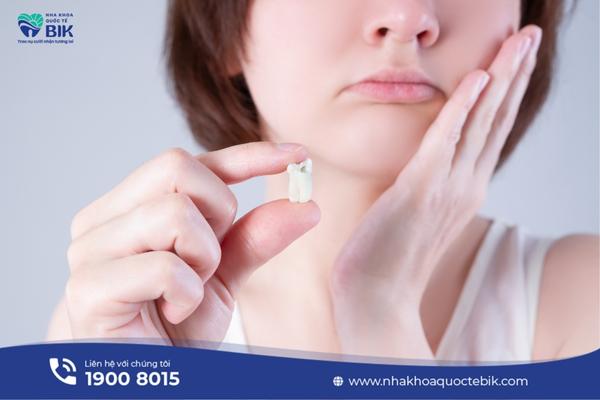
Tooth extraction is actually just a minor surgery, it does not invade the jaw structure or cut too deeply into the gums, so the pain is within the tolerance. In addition, both during and after tooth extraction will be supported by anesthetics as well as pain relievers, so the pain will not cause too much discomfort.
Usually, after only about 2-3 days, the wound will heal, the burning pain and swelling will be significantly reduced. However, you still need to avoid certain foods for about 2 weeks when the wound is completely healed. If your tooth still aches after this time, you should go to the dentist for examination and check-up.
4. Should I get dental implants after extraction?
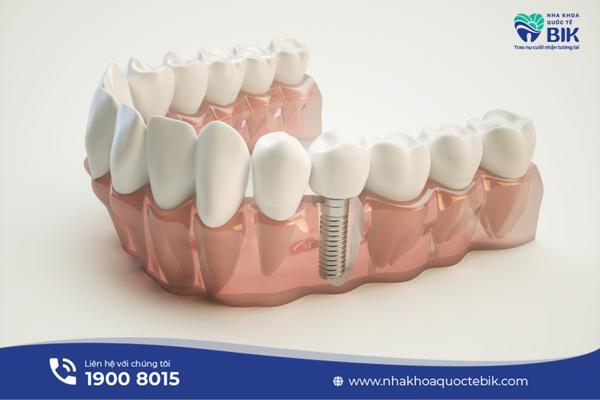
Normally, tooth extraction will be prescribed by the doctor when it is really necessary, but there are some cases such as age, oral diseases, trauma, etc. that cause many people to have permanent tooth extraction. In these cases, leaving the tooth empty for a long time without replanting will lead to dangerous effects on oral health as well as overall health.
When there is a gap in the jaw, after a while, the surrounding teeth will tend to fall towards the missing tooth to fill the gap. This will lead to misaligned bite and affect the chewing function of the teeth.
In fact, the jaw develops naturally and bone density is maintained thanks to the regular chewing force. Therefore, once a tooth is lost, the force at that position is no longer there, so the bone will gradually weaken and disappear. Jaw bone loss is also the most serious consequence of long-term tooth loss, causing the cheeks to sink in, the facial skin to sag, making the face look much older than its actual age.
Currently, dental implants are considered the only solution to prevent the above consequences due to leaving teeth empty for too long after extraction.
5. How to take care of your teeth after tooth extraction

To ensure the healing process after tooth extraction goes smoothly, it is necessary to pay attention to how to take care of your teeth to eliminate bacteria that can damage the wound:
5.1. Drink plenty of water
You need to drink at least 2 liters of water every day to keep your mouth moist and wash away bacteria that can cause wound infection and dry socket inflammation.
5.2. Take medication as prescribed by your doctor
After tooth extraction, your doctor will prescribe pain relievers and instruct you on the appropriate dosage to help you feel more comfortable. Note that you should not buy and use pain relievers without a doctor’s prescription to avoid dangerous side effects to your health.
5.3. Cold compresses
You can apply cold compresses to the outside of the cheek around the tooth extraction site to relieve pain in the first few days. In the following days, you should only apply warm compresses to help dissolve the bruise.
5.4. Proper oral hygiene
After tooth extraction, you should only clean your teeth with a soft-bristled toothbrush and use dental floss to remove food debris, and be careful to avoid affecting the still sensitive wound. In addition, you should not rinse your mouth with salt water or other mouthwashes because it can make the healing process longer.
So, because the gums and jaw become very sensitive after tooth extraction, what to avoid and what to eat is a matter of concern to many people. After tooth extraction, customers should follow a suitable diet to protect the wound from infection as well as support the healing process to take place more quickly.


